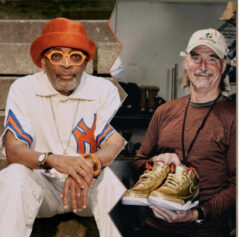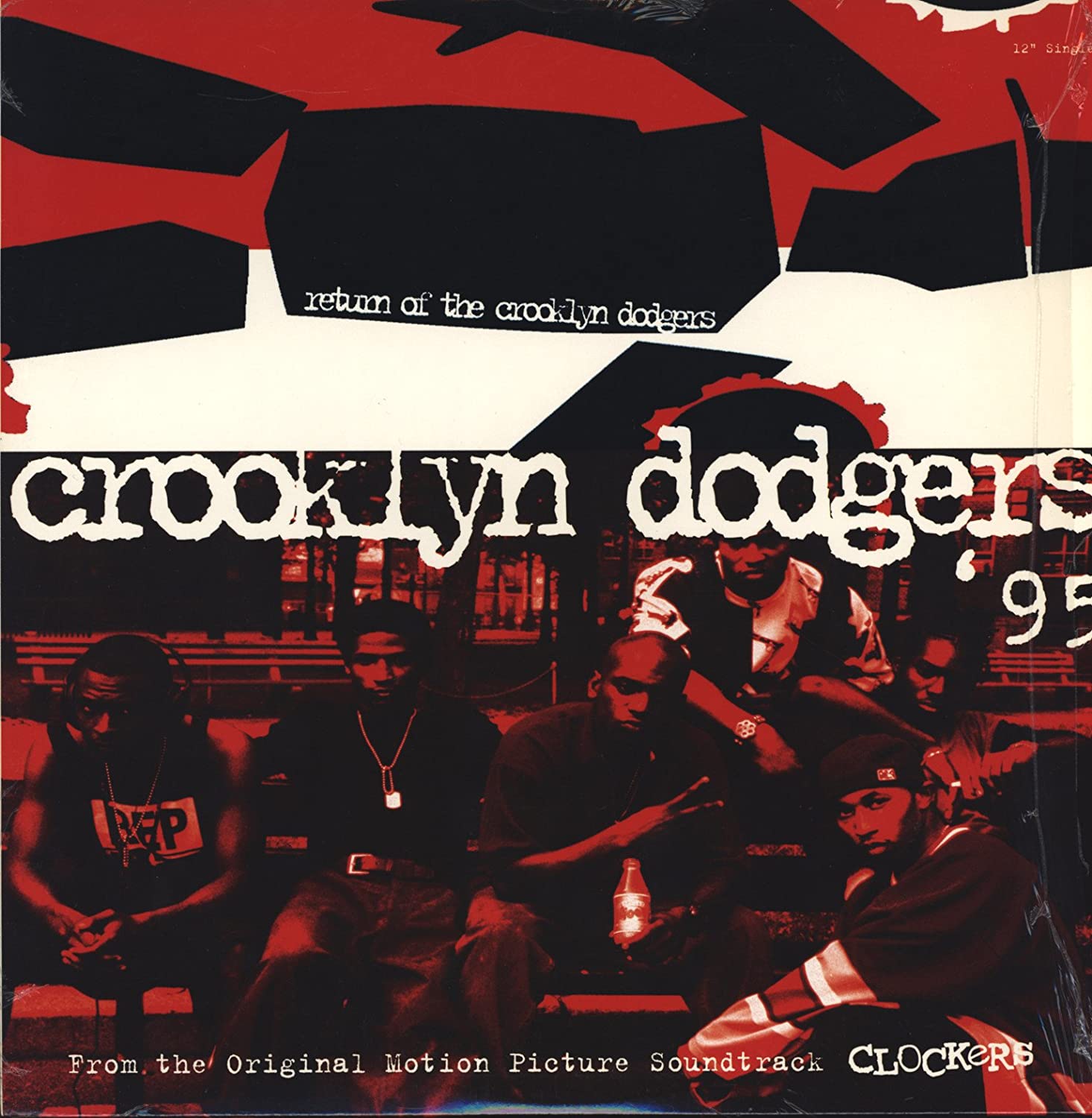Director Spike Lee is considered by some to be a genius, while others consider him to be something of a demagogue. However, they all can agree on the fact that the specs-wearing Brooklynite is not afraid to speak his mind. Recently, The Shadow League was lucky enough to be in attendance at the American Black Film Festival where a frank conversation between Lee and veteran newsman Roland Martin where the veteran filmmaker gave the audience unique insight into what makes him who he is today. To begin, Lee spoke of how familial education and a sense of civic responsibility shaped him during his formative years.
“My uncle was a member of SNCC (The Student NonViolence Coordinating Committee) and he went away to prison for a couple of years because he was at a demonstration and a cop hit a pregnant black woman and he knocked the shit out of the cop. He went away for like five or six years. My great great grandfather owned 80 acres and was a former slave. We just have a ton of people who were educated people. My father went to Morehouse, my grandfather went to Morehouse, my son goes to Morehouse. He will be the fourth generation of Morehouse men. My great grandfather was a disciple of Booker T. Washington at Tuskegee and started.”
That alone gives more than enough information to show us all why Lee’s stance is seen as rigid by those who wish to prolong the status quo regarding white dominance of the film industry. However, Lee’s trademark headstrong attitude was gleaned directly from his father.
“My father was a great musician by the name of Bill Lee. He did the scores for She’s Gotta Have It, Mo’ Betta Blues. At one time he went through a folk phase. If you ever heard “Puff the Magic Dragon”, that’s my father on the bass. But he got tired of that. If you’ve seen Crooklyn, Delroy Lindo’s character was based on my father. My father was making a lot of money and then electric bass came in. Until this day he refuses to play an electric instrument, like the character Woody in Crooklyn. So, my mother had to work because nobody was hiring acoustic bass players anymore. Even though he had four kids and a wife, he wasn’t going to play electric bass. He wasn’t going to do it.”
That uncompromising attitude was bound to showed up in Spike’s business dealings in the film industry from the very beginning. Lee told the audience that he wanted to create opportunities for people of African descent from the very beginning.
“The Teamsters are the most powerful union in film and television. They’re the guys that drive the trucks and historically they have been Irish, who have never had a good history with African-Americans. You go to Boston and they turned over the bus with little black kids in it during desegregation in Boston. I hate the Red Sox, Celtics and the Patriots. When we made Malcolm X, at the time I spoke to Donald Fitzsimmons, who ran the Teamsters. I said ‘We need some Black Teamsters. He said ‘We don’t have any’. So I said ‘The Fruit of Islam are driving the trucks’.
A week later they found Black Teamsters. In film school I used to talk to Ernest Dickerson, the great cinematographer. We knew that, if the door was cracked, we were going to bring as many people with us as possible. That wasn’t by mistake. We went through the back door, and being Independent was the best way for us to do it. I have a lot of friends that work in Hollywood, I’m not going to name any names, but this one star in Hollywood was one of the biggest actors of the day. I go to his set and there were no Black people on the set. He said ‘Well, it’s not my movie’. I said ‘Man, you made $5 million for this studio’. But if you don’t think like that then you don’t realize the power that you have. It’s not just the Teamsters.
When I started working in film, no Black people were working for these studios. That wasn’t a coincidence. It was set up like that. We had to get into arguments and fights with all these people to get something done. It reminds me of Sal’s Pizzeria, put some brothers up on the wall. They were all white. If you live in New York City and walk five blocks, there might be ten different films shooting and they might have a Black production assistant. Might. Filmmaking is a very lucrative job. If you’re a Teamster, automatically your kid gets a college education. Free, no matter where they go.”
“Just like these unions, there are four generations of people who work lights, props, camera department, Teamsters, grips,” he continued. “It’s just generational. It just keeps going and going and going, and they try to keep it on lock.”
Spike Lee and the cast of Do The Right Thing recently celebrated the 25th anniversary of the film. His most recently completed film is the horror/thriller Da Sweet Blood of Jesus, starring Stephen Tyrone Williams and Zaraah Abrahams. He’s currently shopping the film around for a distribution deal. The Shadow League will keep you posted.



